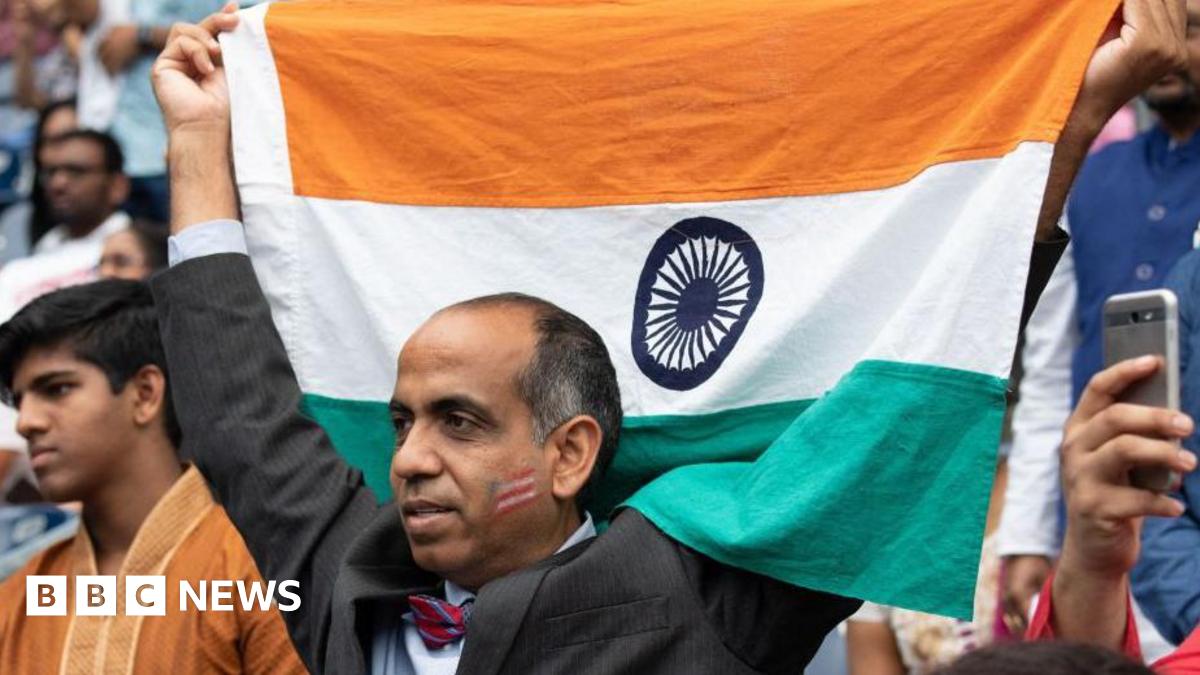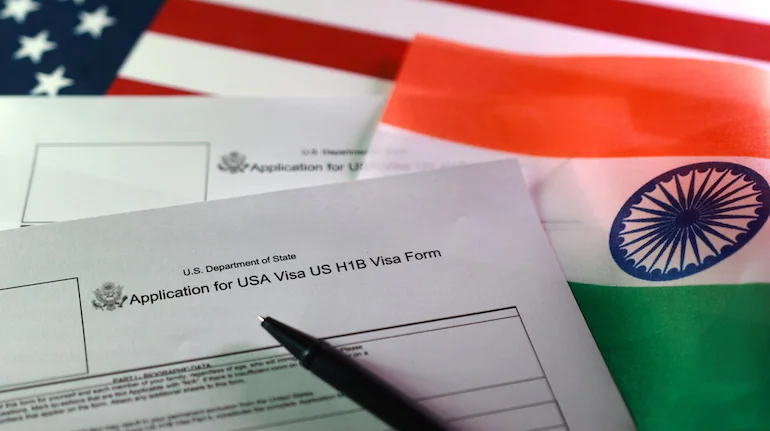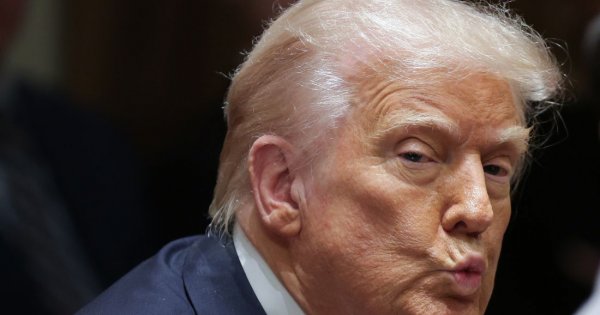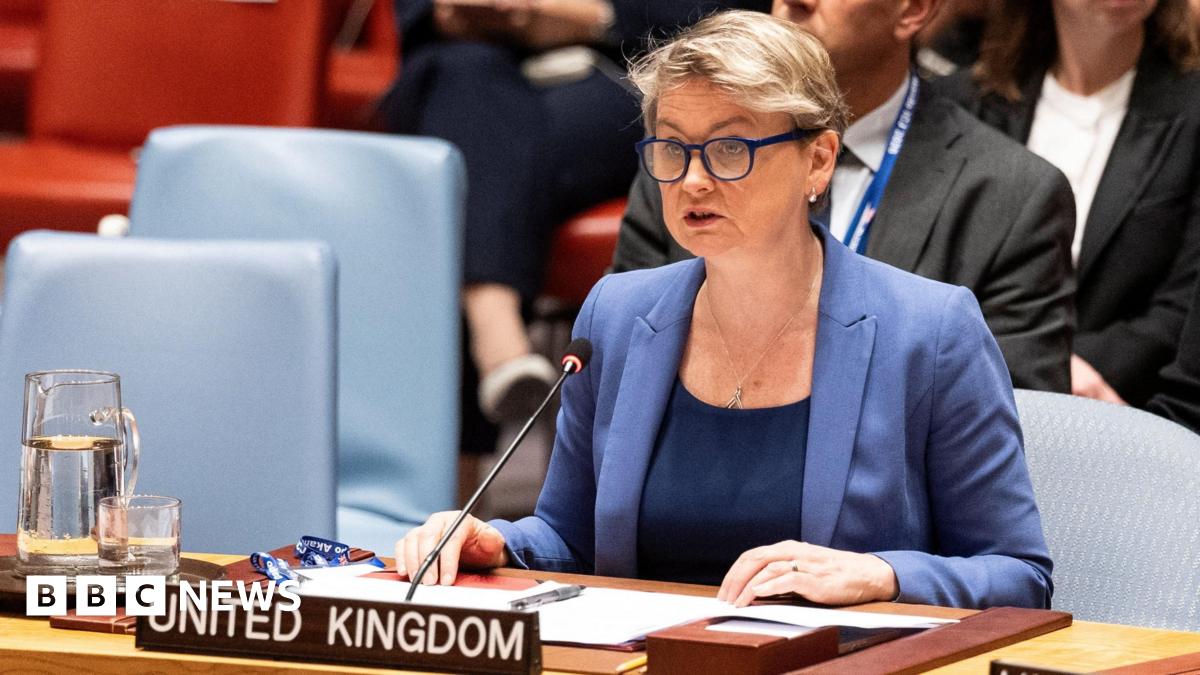India Aims to Reverse Brain Drain Amidst US H-1B Visa Uncertainty
Rising uncertainty surrounding US H-1B visas is prompting India to actively encourage skilled professionals to return home. Recent policy shifts in the US, coupled with the growth of Global Capability Centres (GCCs) in India, are making the prospect of returning more attractive to Non-Resident Indians (NRIs).
The H-1B Visa Dilemma and its Impact
Changes in US immigration policy, including potential increases in H-1B visa fees and stricter green card requirements, are driving a surge in inquiries from Indians considering a return to their homeland. The situation has been exacerbated by debates on increasing the cost of these visas, with some officials suggesting it could benefit India by attracting talent back. Donald Trump's administration proposed fee hikes on these visas as high as $100,000.
"Many professionals now accept that a green card may never come, and queries to B2I have surged - nearly tripling since Trump's second term began. In just the last six months, more than 200 NRIs [non-resident Indians] have reached out to explore return options," said Nithin Hassan, founder of B2I.
Nithin Hassan's Journey: From Meta to Indian Start-ups
Nithin Hassan, formerly a Meta employee earning a million-dollar salary, exemplifies this trend. He returned to Bengaluru, often referred to as India's Silicon Valley, and founded B2I (Back to India), a platform dedicated to assisting other Indians in navigating the challenges of repatriation. His decision highlights the growing desire among NRIs to contribute to India's burgeoning economy and start-up ecosystem.
The Rise of Global Capability Centres (GCCs)
A significant factor aiding this potential reverse brain drain is the proliferation of Global Capability Centres (GCCs) in India. These remote offices of multinational corporations offer viable work opportunities for returning Indians, particularly those in the tech industry. According to Franklin Templeton, GCCs are becoming "increasingly attractive to talent, especially as onsite opportunities decline" in the US.
Expert Perspectives and Challenges Ahead
While the trend shows promise, experts emphasize the need for a concerted effort by the Indian government to attract top-tier talent. Sanjaya Baru, former media advisor to Prime Minister Manmohan Singh, argues that the government must actively identify and incentivize skilled professionals, scientists, and entrepreneurs to return. He draws a comparison to the initiatives of Jawaharlal Nehru, India's first prime minister, who successfully brought back leading minds in science and technology.
"The government will have to go out and actually identify individuals - including top-of-the-line scientists, professionals and entrepreneurs - it wants back. That requires effort, and it needs to come straight from the top," Mr Baru told the BBC.
Competing for Talent: Global Opportunities
Furthermore, India faces competition from other countries offering attractive immigration and citizenship programs. As the US tightens its immigration policies, nations like Germany are actively courting skilled Indian migrants. Moreover, issues such as poor infrastructure and urban congestion in Indian cities continue to be significant challenges that the country must address to facilitate a smooth transition for returning professionals.
| Factor | Description |
|---|---|
| H-1B Visa Uncertainty | US immigration policy shifts and potential fee hikes. |
| Global Capability Centers | Growth of remote offices in India offering job opportunities. |
| Reverse Brain Drain | India's effort to attract skilled professionals back home. |
| Competition | Other countries offering attractive immigration programs. |
 Visit the website
Visit the website







